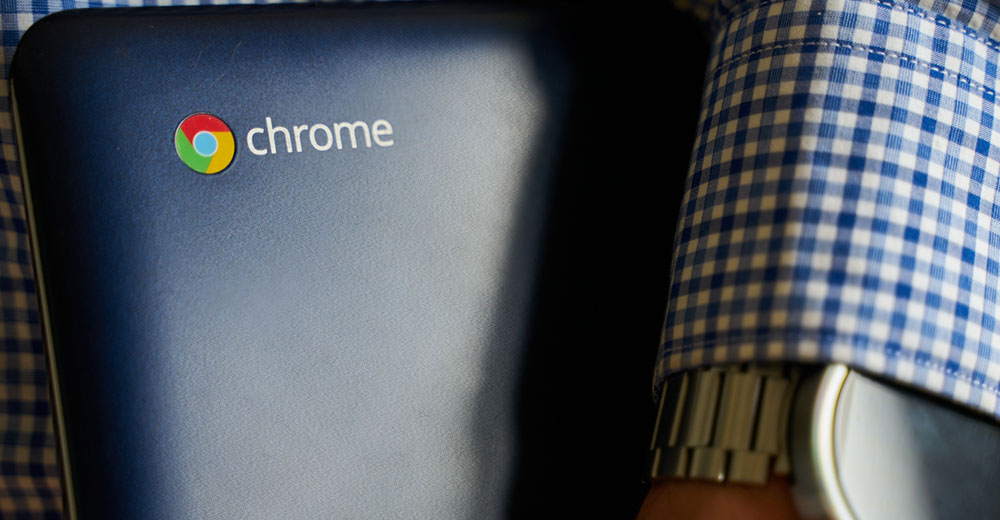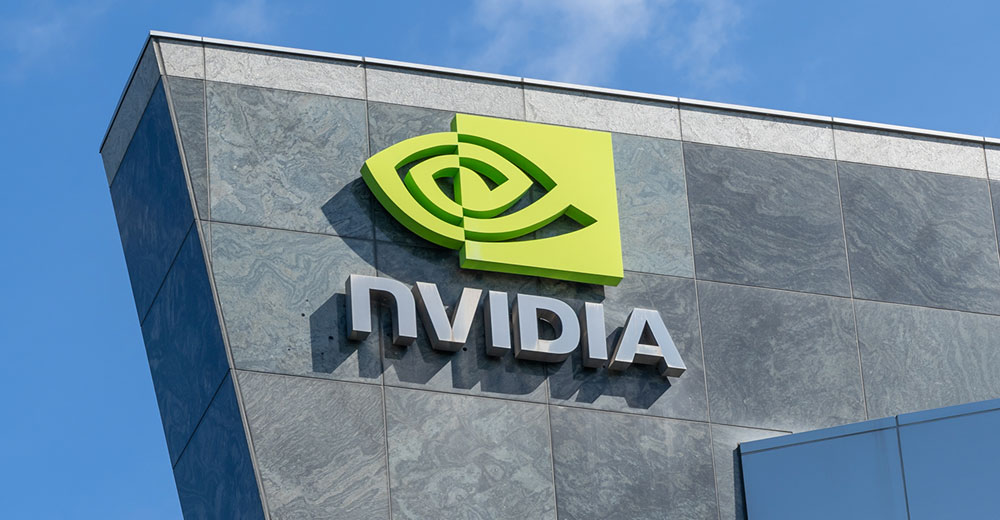
In the past two months since it originally surfaced, the Blake Robbins v. the Lower Merion School District school spying case just keeps getting bigger.
It turns out the Lower Merion School District took “thousands of webcam pictures and screen shots” of students in their homes using the LANRev “peeping tom” technology on school-issued laptops, according to a motion filed last week.
Some 400 of those were photos of Blake Robbins alone, including shots of him partially dressed or sleeping, the motion alleges. Also captured were numerous images of private instant messaging communications between 15-year-old Robbins and his friends, the motion charges.
‘May Be a Voyeur’
Carol Cafiero, a technology coordinator now on leave from Harriton High School, “may be a voyeur,” the motion suggests. Responding to an email from an IT staffer about how viewing students from the computer webcams amounted to a sort of “[school district] soap opera,” Cafiero responded, “I know, I love it,” according to the recent filing.
The U.S. District Court for the Eastern District of Pennsylvania on Thursday ordered that Cafiero be sanctioned US$2,500 for refusing to answer any questions in a deposition, citing her Fifth Amendment rights.
Cafiero is also now required to turn over her home computer for inspection.
‘A Vehicle to Attack the District’
The motion “appears to be a vehicle to attack the District,” David Ebby, president of the Lower Merion Board of School Directors, wrote last Friday. “We do not feel it is appropriate for anyone other than the investigators to dictate the timing of the investigation and the release of complete findings.”
Students found to have been photographed using computer webcams “will be notified and given the opportunity to view such photographs,” Ebby added.
“The plaintiffs’ Motion suggests that the LANRev tracking feature may have been used for the purposes of ‘spying’ on students,” Ebby added. “While we deeply regret the mistakes and misguided actions that have led us to this situation, at this late stage of the investigation we are not aware of any evidence that District employees used any LANRev webcam photographs or screenshots for such inappropriate purposes.”
A Ban on Dissemination
When the family of Blake Robbins first filed their suit, the district admitted to remotely activating students’ webcams 42 times for the purpose of locating lost or stolen computers.
Robbins’ family knew of only one or two photos of their son at that time.
The FBI got involved, and soon thereafter two key school officials, including Cafiero, were placed on paid administrative leave.
The district, meanwhile, said the software on Robbins’ laptop was turned on because he had not paid a $55 insurance fee on time.
Lawyers for both sides were scheduled to meet last Friday; in the meantime, U.S. District Judge Jan E. DuBois barred further dissemination of the photos and screen shots without permission.
‘No Carte Blanche’ for Schools
If the allegations turn out to be true, “the poor judgment of the school officials to spy on students outside of the school jurisdiction is magnified by the conduct coming to light of the officials allegedly making personal use of the students’ correspondence, images and other data, whether or not related to school,” Raymond Van Dyke, a technology lawyer in Washington, D.C., told TechNewsWorld.
There are various provisions in the Pennsylvania code for invasion of privacy and confidentiality, Van Dyke noted.
“The umbrella of privacy law covers a multitude of daily activities — none of which the majority of us want placed on YouTube or otherwise published without our express consent,” he added.
“Although school officials have more control of students during the educative process, and the Supreme Court agrees that privacy expectations are reduced in schools, this in no way gives education administrators carte blanche to generally extend that reach into the home,” he pointed out.
Possible Defenses
School officials could try to defend themselves by arguing “the necessity of combating particular conduct — such as drugs — and the exigencies of that effort perhaps extending into the general laptop use of the student,” Van Dyke noted. “Also, if the school gave the students the laptop, the school could argue that the privacy expectations of the students were diminished accordingly.”
However, “any degree of such consent, especially by a minor, would not extend to unknown third parties, who have their own expectations of privacy and have not waived their rights,” Van Dyke concluded. “Parents, siblings, relatives, friends and even strangers caught up in the PC snooping have rights too.”
‘Extremely Invasive’
The case “poses tremendous challenges,” Paul Stephens, director of policy advocacy with the Privacy Rights Clearinghouse, told TechNewsWorld. “The question now is what is the appropriate remedy? Can we rely upon school districts taking it upon themselves to implement adequate regulations and guidelines, or do we need legislation that would specifically address this?”
Many state legislatures are likely beginning to consider the possibility of such legislation in light of this case, Stephens added; federal involvement is a possibility too.
Indeed, Senator Arlen Specter last week introduced the Surreptitious Video Surveillance Act of 2010.
In short, the “extremely invasive” nature of this case “shows that the existing framework is probably not working,” Stephens concluded. “It may demonstrate the need for legislation that can address this issue and make sure it doesn’t happen again.”






















































"The U.S. District Court for the Eastern District of Pennsylvania on Thursday ordered that Cafiero be sanctioned US$2,500 for refusing to answer any questions in a deposition, citing her Fifth Amendment rights."
Not to defend the idiots at the school, but what the bleep good is the 5th AM endment to the constitution if you have judges like this one that consider the document good for nothing more then scratchy T.P.?
Pleading the Fifth only applies if you haven’t previously compromised yourself in any way. The article said before then that she had said she participated in such things as this voyeurism in her email. Because this is already disclosed information, you cannot plead the fifth and refusing to testify against yourself; the information is already out there for everyone to see.